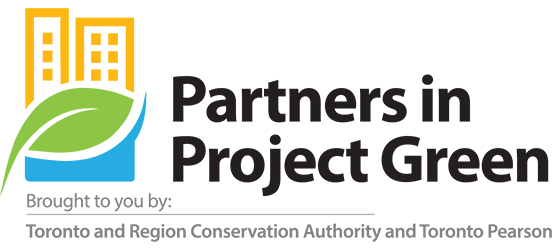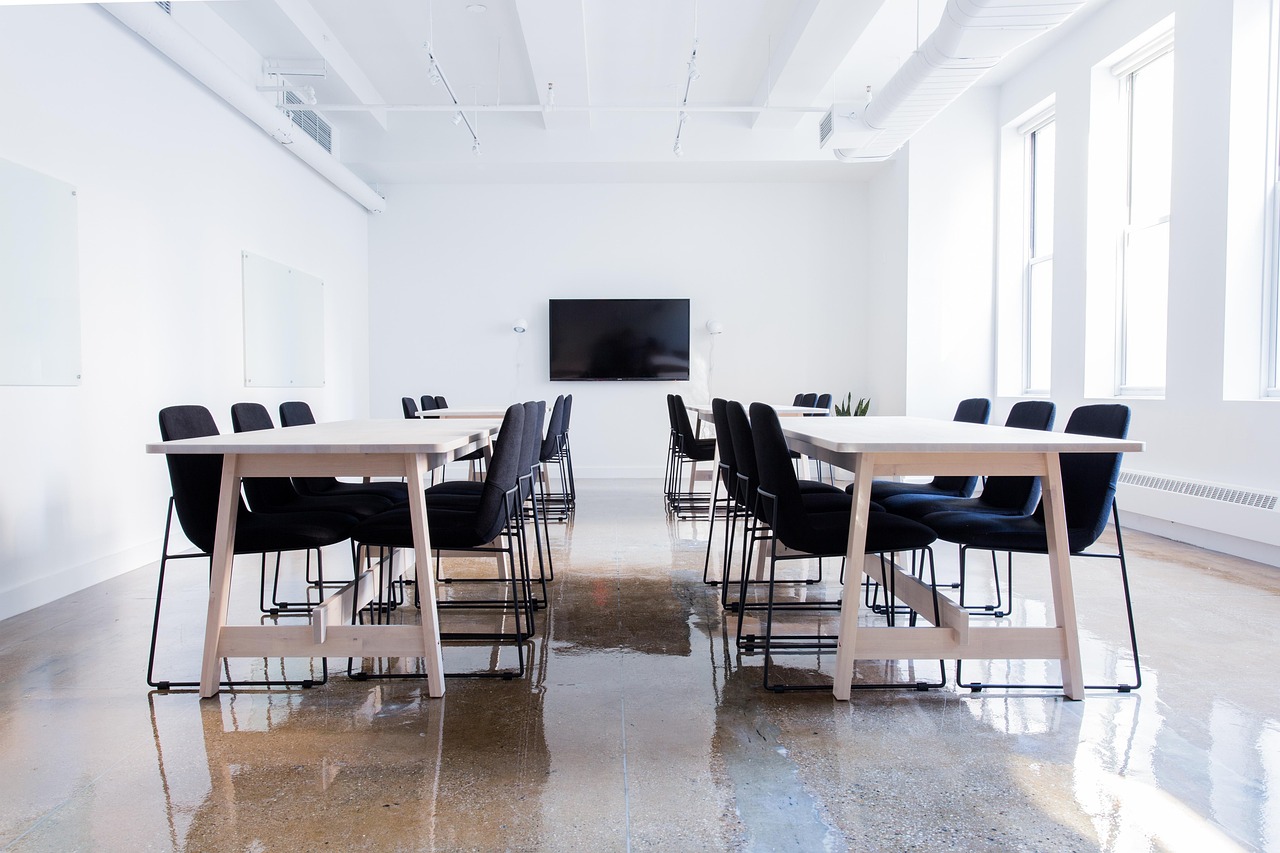Background
The Toronto Metropolitan University (TMU), a Circular Economy Leaders Consortium member showcased a Furniture Rehome Program, which was created by the Sustainability Office in 2020 to prevent perfectly good furniture from going to landfill. Through the program, TMU hopes to encourage and facilitate the redistribution and reuse of quality surplus TMU furniture items and reduce landfill waste.
Scope of the Project
The platform was created by the Sustainability Office in collaboration with the custodial and groundskeeping staff within the Facility Management department to address the issue of surplus furniture across the organization. It was proposed for the Facility Management team to establish an online platform for inter-departmental communication to offer and claim surplus furniture. The program itself has proven to have a low barrier of entry for both an organization to adopt and for staff to use.
Solutions Finding
The Furniture Rehome program was created as an opt-in Google group initiative, allowing staff and faculty at TMU to post and exchange furniture items with internal departments without any cost. This program facilitates the direct transfer of furniture from the department listing the item to the department claiming it, typically coordinated through an internal Help Desk request. Initially introduced as a pilot project, its primary goal was to evaluate and enhance the potential for reusing furniture across the campus.
With a team of two, the Sustainability Office made a conscious effort to ensure the program was self-facilitated. Although they may offer guidance on a case-by-case basis, the Sustainability Office is largely responsible for tracking the success of the program.
Summary of Process
- Posting Unwanted Items: Listing department posts unwanted items on the Furniture Rehome Google Group. Staff can also make a call out requesting specific items.
- Claiming Items: When someone claims an item from the Google Group, they may request assistance from the custodial team. However, it is ultimately their responsibility to transfer the item directly from the listing department to their office.
- GovDeals Option: If no one within the campus community claims the item, the listing department is encouraged to coordinate with Financial Services to post the item on GovDeals.
- Storage: Unclaimed items that appear to be high value items are moved to a storage area by the Sustainability Office with the support of Custodial staff.
- Visual Assessment: Sustainability Office staff assess the items in storage to ensure they meet safety, size, and quality standards. Suitable items are tagged and stored for a maximum of 3 months.
- Recycling/Disposal: Items that do not meet safety and size standards are tagged for recycling or disposal, with components being recycled.
External Community Offerings: Items unclaimed after the claim period are first offered to staff and students for personal use and then for donation. However, this is a rare occurrence.
Key Metrics
Data Collection and Tracking
The Sustainability Office tracks several metrics to measure the success of the program, including:
- Furniture waste diverted through reuse (tonnes);
- Furniture waste diverted through recycling (tonnes);
- Furniture waste diverted through donation (tonnes);
- Disposal cost savings ($);
- Number of items diverted from landfill.
Additionally, with every furniture transaction, the following information will be recorded:
- Category (i.e. chair, table, shelf, etc.);
- Estimate of the replacement cost of an item;
- Recipient (to track which groups on campus are using the program).
Between 2022-2024, approximately 462 TMU employees used the Furniture Rehome program.
Since the program began, TMU has saved approximately $160,000 in four years by reusing furniture as opposed to buying brand new items.
It is worth noting that most of the items that have been exchanged have been through direct correspondence with those in the Google group as opposed to browsing through a physical storage space. It has also been extremely rare for the Sustainability Office to coordinate an external donation as most items tend to be reused on campus, whether by staff or students.
Lessons Learned
The Furniture Rehome program has made significant strides, but it faces several challenges:
- Just-in-Time Nature and Storage Capacity: The program’s reliance on immediate availability and exchange of items, combined with limited storage space, hinders its ability to make a larger-scale impact.
- Self-Posting: The process relies on the individual’s willingness to post items in the Google group. This self-managed approach likely results in many furniture items still being discarded.
- Capacity for Larger Projects: The program currently focuses on individual furniture moves and lacks the infrastructure to handle bigger projects, such as those required for extensive renovations.
- Tracking and Administrative Challenges: When items are claimed through the Google group, the Sustainability Office loses direct oversight of the exchange, necessitating periodic follow-ups to confirm rehoming. This process is both tedious and time-consuming.
To address these challenges and enhance the program’s efficacy, the following strategies may be considered:
- Expanding Storage Facilities: Investigating options for additional storage space to accommodate larger quantities of furniture and facilitate broader redistribution efforts.
- Increase Staff Support: Consider additional staff to oversee and coordinate moves, reducing reliance on the Sustainability Office.
- Streamlining Tracking and Administration: Implementing more efficient tracking methods and/or innovative software to reduce administrative burdens and ensure accurate data capturing of furniture exchanges.
- Enhancing Promotion: Increasing awareness and participation in the program through targeted communication strategies.
Conclusion
The Furniture Rehome program is an example of an organization creating a community of reuse from within. Especially for departments with smaller or shrinking budgets, the program offers an accessible opportunity to meet the needs of all TMU staff while supporting waste diversion goals.
To learn more about PPG’s Circular Economy Leaders Consortium (CEC) please contact Chaya.Chengappa@trca.ca to advance the circular economy within the scope of facility waste management.

